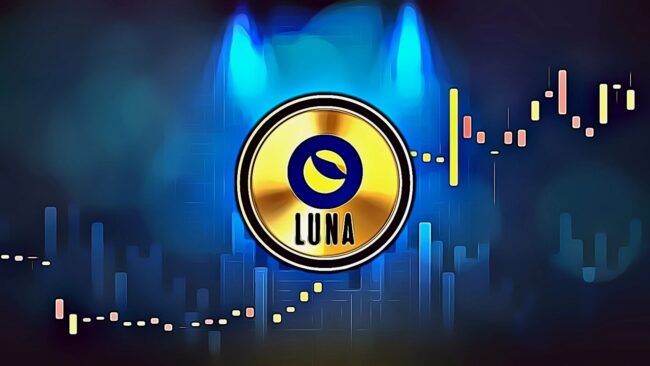Highlights:
- South Korea’s Supreme Court ruled that the two tokens are not securities under the Capital Markets Act.
- Prosecutors failed to seize Terraform Labs co-founder Shin Hyun-Seong’s assets due to the court’s decision.
- Terraform Labs executives still face fraud charges despite the ruling on LUNA.
South Korea’s Supreme Court ruled that LUNA and UST do not qualify as securities under the Capital Markets Act. Chief Justice Oh Seok-jun delivered the verdict, rejecting an appeal from prosecutors who sought to classify the coins as securities. The ruling upheld previous lower court decisions, which had already determined that LUNA and UST did not meet the criteria of a financial investment product.
TerraUSD and LUNA token are not securities.
Attempts by Korean prosecutors to seize the crypto assets of Terraform Labs executives have failed, as the TerraUSD stablecoin and its related LUNA token do not fall under financial regulations.
The Supreme Court settled the dispute,… pic.twitter.com/mCn34Vxgyb
— TU_Crypto_News (@TU_Crypto_News) February 19, 2025
Prosecutors had argued that Terraform Labs executives misled investors and that LUNA was a security. These claims, however, were dismissed by the court which pointed out that financial records proved LUNA was not a security. This decision prevented authorities from taking the assets of the co-founder of Terraform Labs Shin Hyun-Seong. The court ruled that confiscation could not proceed since the Capital Markets Act did not apply to these digital assets.
This verdict reinforced earlier legal interpretations regarding virtual assets in South Korea. The court emphasized that laws governing traditional securities could not be applied to algorithmic stablecoins like UST.
Legal Case Against Terraform Labs Executives Continues
Although the Supreme Court ruled against the securities classification, Terraform Labs executives are still facing court battles. Shin and other officials of the company are still facing charges on fraud-related claims. Terraform Labs is accused of misleading investors into believing its tokens were more stable than they were.
The outcome has set a precedent for future court decisions regarding virtual assets. This clarification could impact lower courts that are dealing with such cases.
Despite this legal outcome, authorities are still investigating the events that led to the collapse of Terra. The Supreme Court’s ruling only addressed the classification of the two coins and left other legal matters unresolved. The ruling has brought to light the uncertainty in the regulations of the country. The decision may affect how future cases that involve virtual currencies are handled in the country.
Decision May Affect Crypto Rules in Other Countries
The Supreme Court’s decision may have a ripple effect in other countries. Other jurisdictions may look at this ruling when determining how to classify digital assets.
Meanwhile, Terraform Labs co-founder Do Kwon is still under investigation. He was arrested in Montenegro and later extradited to the United States, where he faces multiple fraud charges. U.S. authorities accused him of inflating Terraform’s token prices and laundering funds. A grand jury indicted him on charges of securities fraud.
South Korean prosecutors also want Kwon extradited to face charges in his home country. The Terra ecosystem’s collapse wiped out billions of dollars in market value and shook the market. Globally, regulators have been closely monitoring legal actions against Terraform Labs and its executives.
Terraform Labs’ business practices and financial activities remain under authorities’ investigation. While LUNA and UST may now have legal status, the regulation of cryptocurrencies has yet to be finalized.
Best Crypto Exchange
- Over 90 top cryptos to trade
- Regulated by top-tier entities
- User-friendly trading app
- 30+ million users
eToro is a multi-asset investment platform. The value of your investments may go up or down. Your capital is at risk. Don’t invest unless you’re prepared to lose all the money you invest. This is a high-risk investment, and you should not expect to be protected if something goes wrong.






